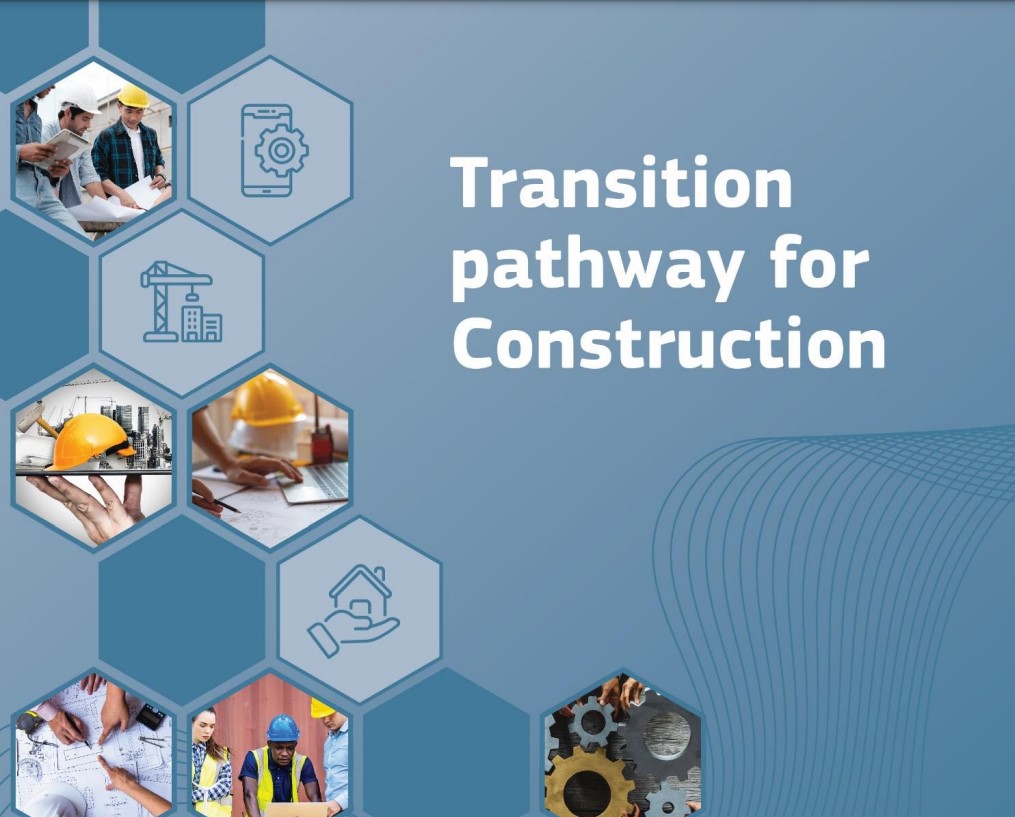EFCC members have expressed many times their concern about the planned introduction of the Mixture Allocation Factor (MAF). Now, in June 2023, we reiterate this concern together with all DUCC member associations and SMEunited. We voice again that even a proposed MAF of 5 will have substantial impacts on the entire chemicals value chain, with serious knock-on effects on EU competitiveness and sustainability-driven innovations and only with very limited contribution to the safer use of chemicals and in most cases no benefits to end-users and society.
If the MAF is introduced regardless of the concerns, we ask for its phased, stepwise, implementation and starting with substances with the greatest potential to contribute to unintentional co-exposure.
Read more




